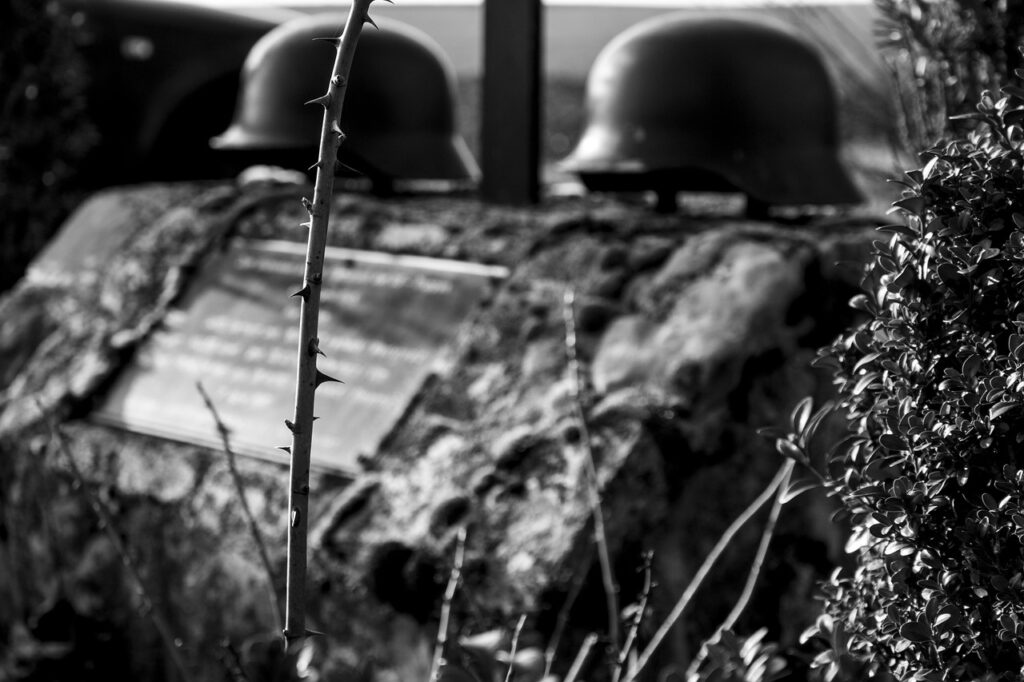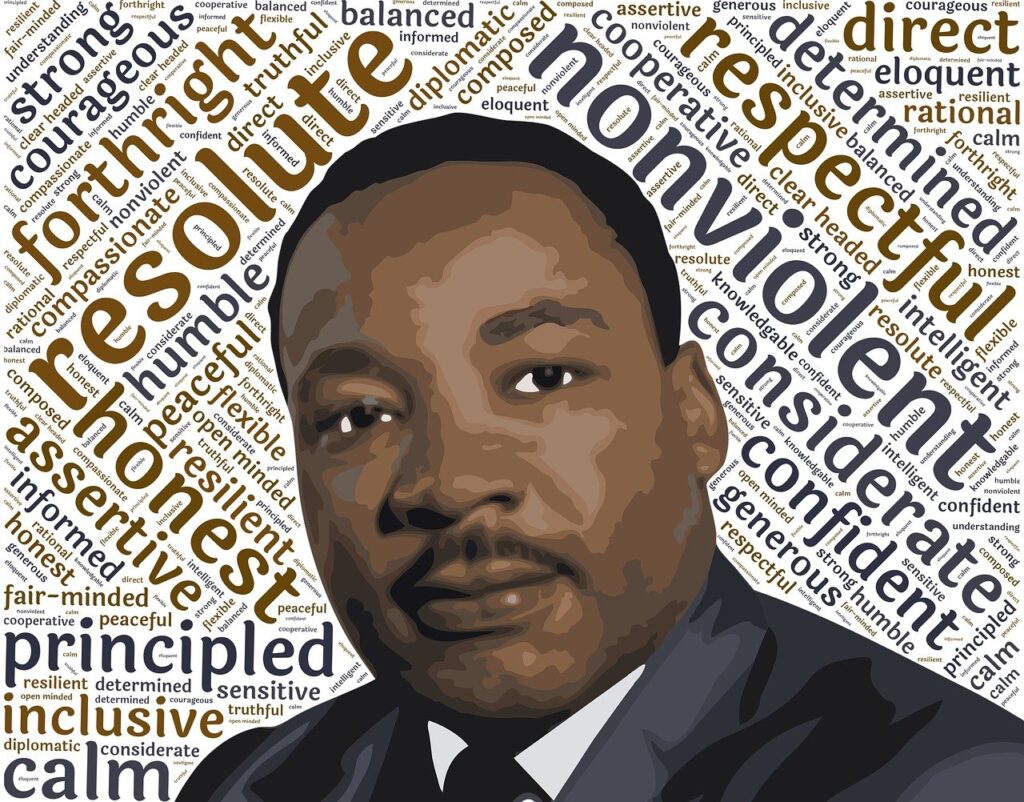Fall 1941
Why this survey was relevant?
Prior to the Japanese attack on Pearl Harbor, the United States watched from abroad while their allies and their enemies fought in war over territory and a lack of closure over the first World War. President Roosevelt was anxious to get involved as the Germans were making their way through Europe without much resistance. But how did Americans feel about getting involved in another war far from home while still feeling the effects of the Great Depression?
Survey Results
Yes: 26%
No: 68%
No opinion: 7%
Survey Beta Conclusion
An interesting poll that measured the lack of appetite for war in 1941 in the US before the bombing of Pearl Harbour. There was a very powerful movement in America that developed leading up to the war that was referred to as Isolationism. The Isolationists believed that the US should ultimately not pick sides in the growing conflict and merely be aware of the facets of the escalation, plan accordingly, grow their army and sit on the sidelines until they had to make a play. The other side of the coin were the Interventionists. They believed it morally right to enter the war and help their allies despite the ominous looking cost in both lives and resources. The picture of doom that they painted was one where Hitler and the German army succeeded in taking over the rest of the globe, leaving America as an isolated nation sat in the middle.
At the beginning of 1941 opinion hugely concurred with the Isolationist movement. However, the tide soon started to change. Halfway through the year, Great Britain became the target of a relentless bombing campaign which they bravely defended themselves against. Seen by the world, this was a PR win for the Interventionists. The narrative had changed and Great Britain were seen as Brothers-In-Arms that deserved assistance by a growing section of the public. 2 months after this survey was carried out, the Japanese bombed Pearl Harbour. This was the straw that broke the camel’s back. In a single day, public opinion swung towards entering the war. A vote was taken in Congress and war was
officially declared on Japan.
While there may be parties who, nowadays, argue that America should have got involved earlier. We can also see that democracy was at least properly practised here. We must take the rough with the smooth in cases like this. The US is a lumbering behemoth in terms of nations. Back then, and even today, it can take a long while and a lot of evidence before policy is changed. But when it is changed, there is enough agreement for changes to happen at blistering pace.
It’s interesting to consider historical polls such as this in today’s light. Under Donald Trump we saw a return to the stage of an Isolationist USA. The narrative was that America should never have elected itself as the “police of the globe” and that resources are better spent within the borders than without. The change to a Democrat in the White House earlier this year has seen a partial reverse in that policy. The hurried withdrawal from Afghanistan was evidence that things will not rapidly return to a pre-Trump outlook. It remains to be seen if further US bases around the world will shut up shop as public opinion within the nation seems to be characteristically split along party lines. It may just be that the policy sits snugly in-between that of Obama’s globally active approach and Trump’s inactive one. One thing that appears certain is that regardless of their foreign military policy, military spending will not be reigned in to match.


